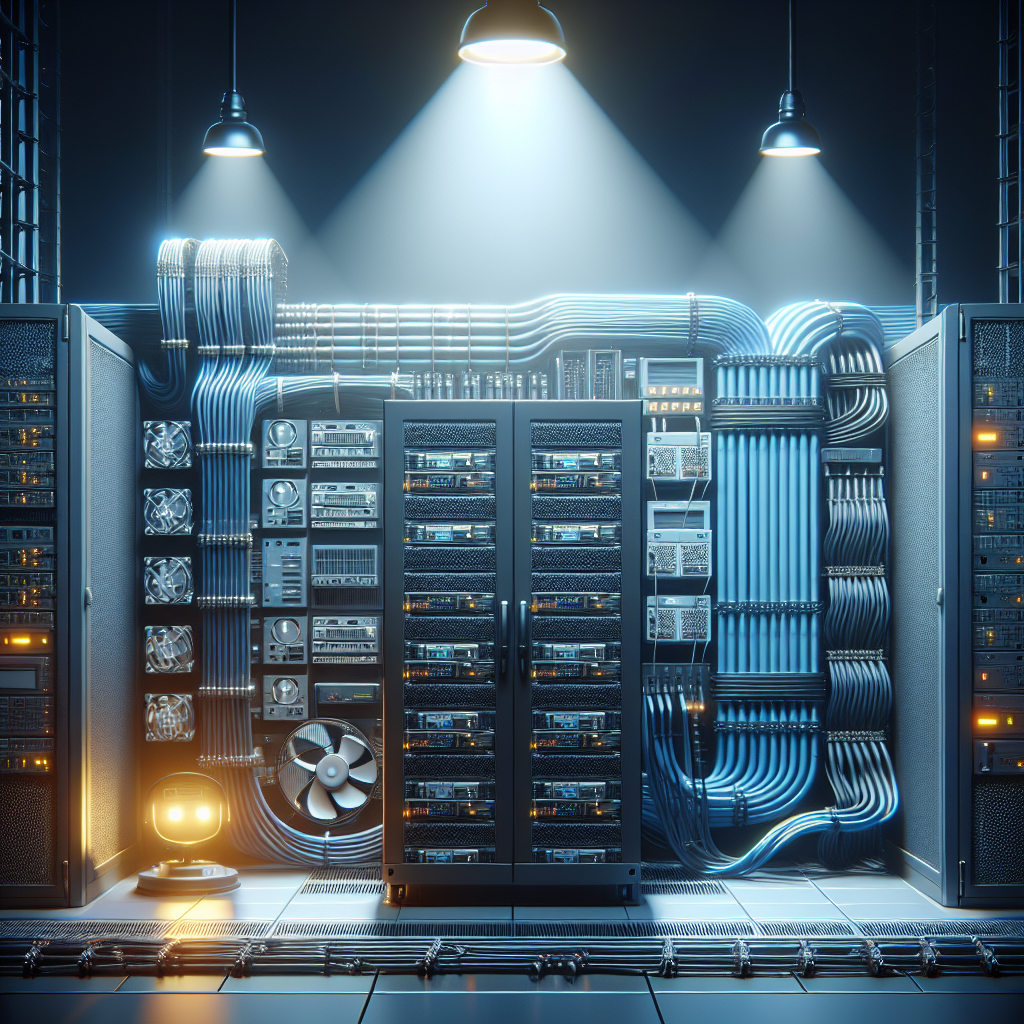As businesses continue to rely heavily on technology for their operations, the importance of data centers cannot be overstated. These facilities house the critical infrastructure that allows organizations to store, manage, and access their data. Given the vital role that data centers play in ensuring the smooth functioning of business operations, it is imperative that they are inspected regularly to identify any potential issues and ensure optimal performance.
Data center inspections typically involve a thorough examination of various key components to assess their condition and functionality. These components include:
1. Cooling Systems: Data centers generate a significant amount of heat due to the operation of servers and other equipment. Cooling systems are essential to maintaining the optimal temperature within the facility. During inspections, technicians will check the efficiency of the cooling systems and ensure that they are operating effectively to prevent overheating and potential equipment failures.
2. Power Distribution: Data centers require a reliable and uninterrupted power supply to ensure continuous operation. Inspections will evaluate the power distribution systems, including UPS (uninterruptible power supply) units and generators, to identify any potential vulnerabilities and ensure that backup systems are in place to prevent data loss in the event of a power outage.
3. Fire Suppression Systems: Data centers are at risk of fire due to the presence of electrical equipment and other flammable materials. Inspections will verify the functionality of fire suppression systems, such as sprinklers and fire extinguishers, to ensure that they are capable of quickly and effectively extinguishing any potential fires to protect the facility and its valuable data.
4. Security Measures: Data centers store sensitive and confidential information, making them a prime target for cyberattacks and physical security breaches. Inspections will assess the effectiveness of security measures, such as access control systems, surveillance cameras, and security protocols, to identify any weaknesses and ensure that the facility is adequately protected against unauthorized access.
In addition to examining these key components, data center inspections also involve considering various other factors to ensure the overall reliability and efficiency of the facility. Some key considerations include:
1. Compliance with Regulations: Data centers are subject to various regulations and standards, such as the Uptime Institute’s Tier Classification System and the ANSI/TIA-942 Telecommunications Infrastructure Standard. Inspections will assess the facility’s compliance with these regulations to ensure that it meets industry best practices and maintains a high level of reliability.
2. Risk Assessment: Inspections will involve conducting a risk assessment to identify potential vulnerabilities and threats that could compromise the security and performance of the data center. By understanding these risks, organizations can implement appropriate measures to mitigate them and enhance the resilience of their data center operations.
3. Capacity Planning: Data center inspections will also involve evaluating the facility’s capacity to accommodate future growth and expansion. By assessing the current capacity utilization and forecasting future requirements, organizations can proactively plan for upgrades and expansions to ensure that the data center can support their evolving needs.
In conclusion, data center inspections are crucial for maintaining the optimal performance and reliability of these critical facilities. By examining key components and considering various factors, organizations can identify potential issues, implement corrective actions, and ensure that their data centers continue to operate smoothly and securely. Investing in regular inspections and maintenance is essential to safeguarding the integrity of data center operations and protecting the valuable data that organizations rely on to drive their business success.


Leave a Reply